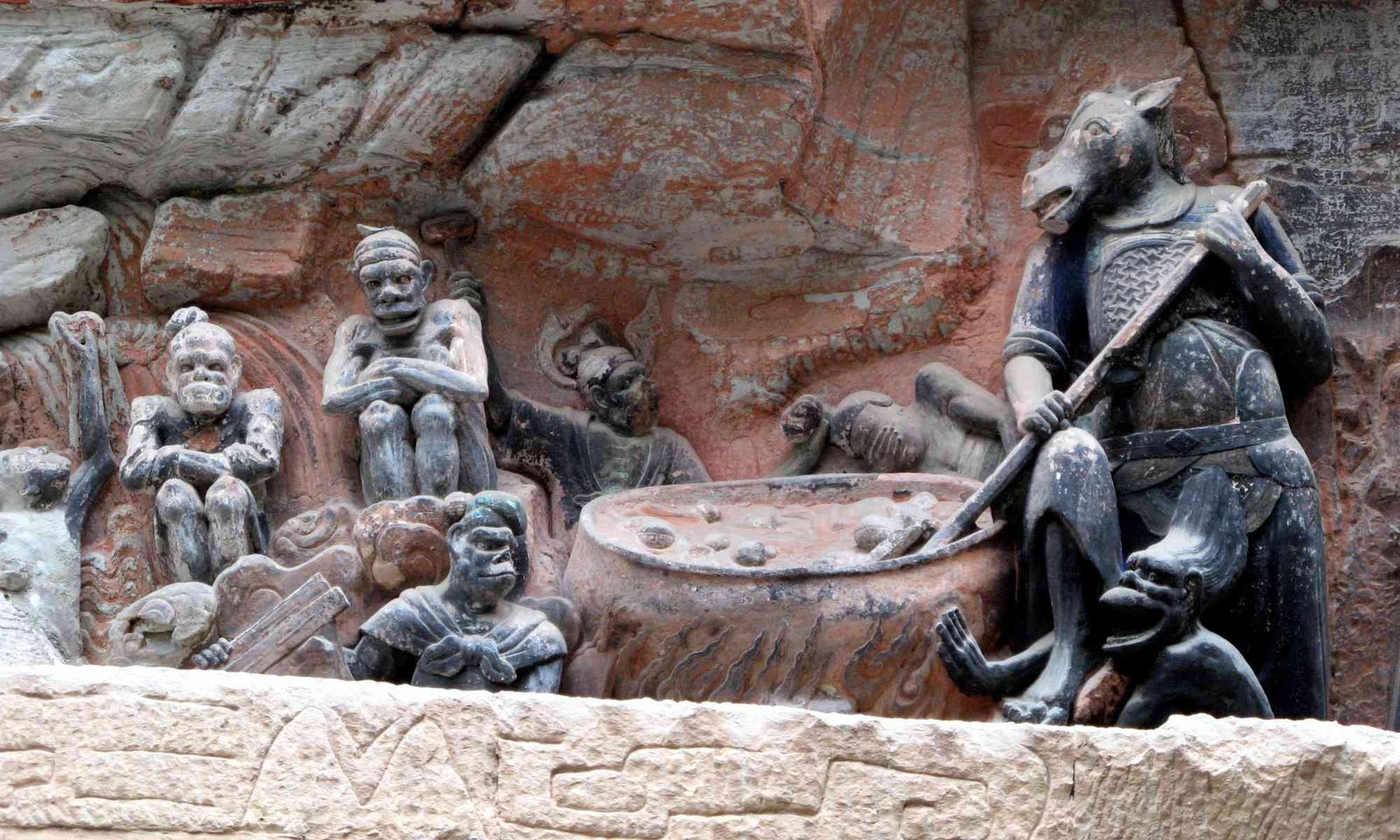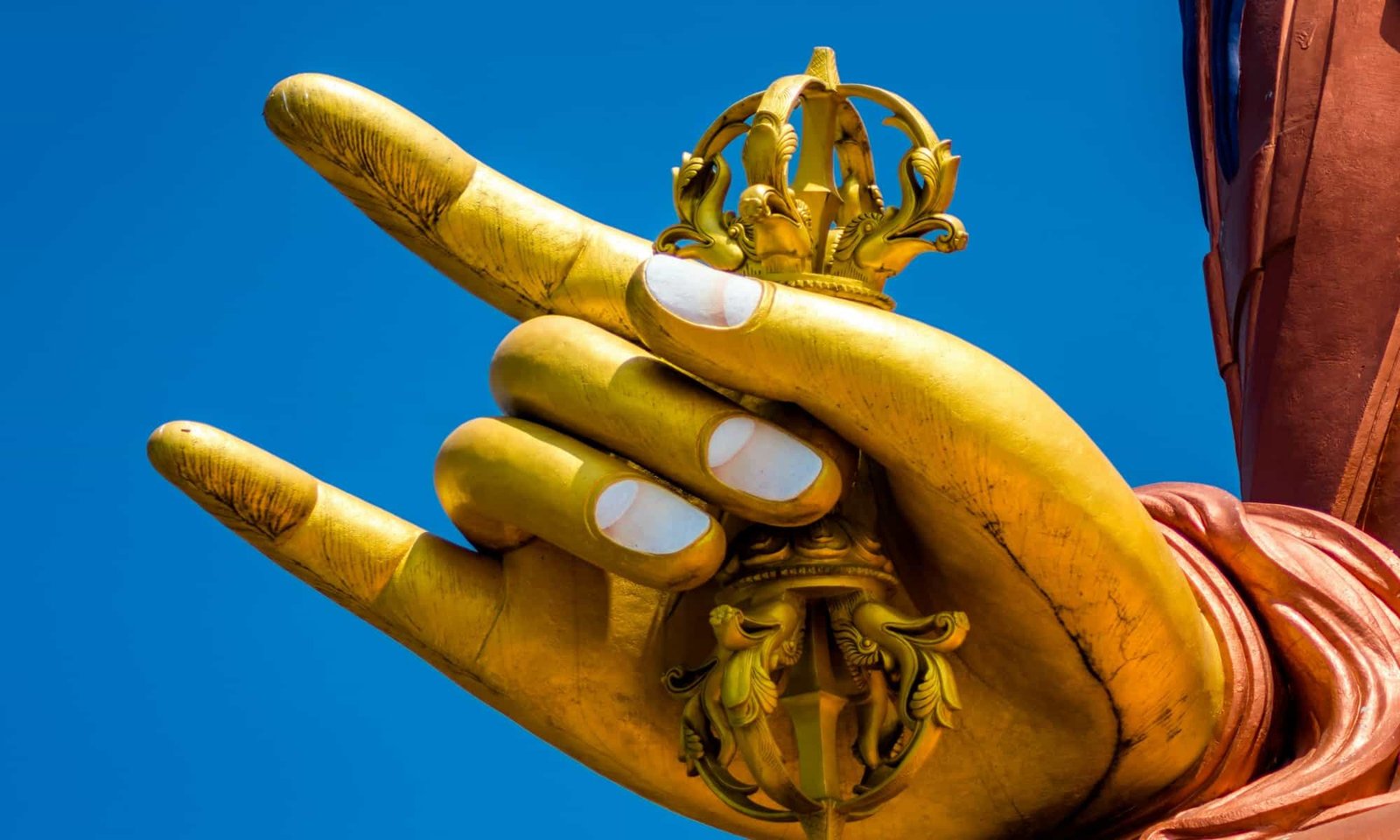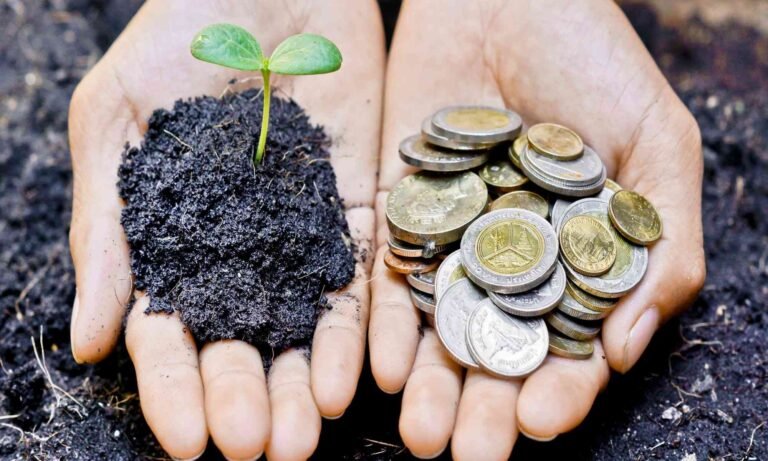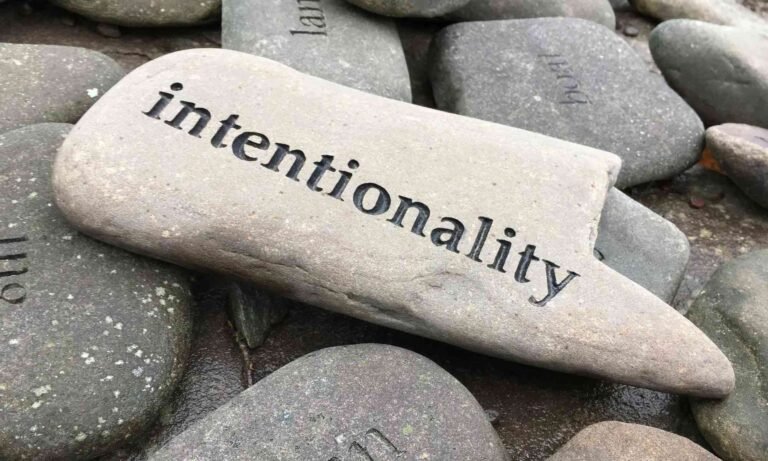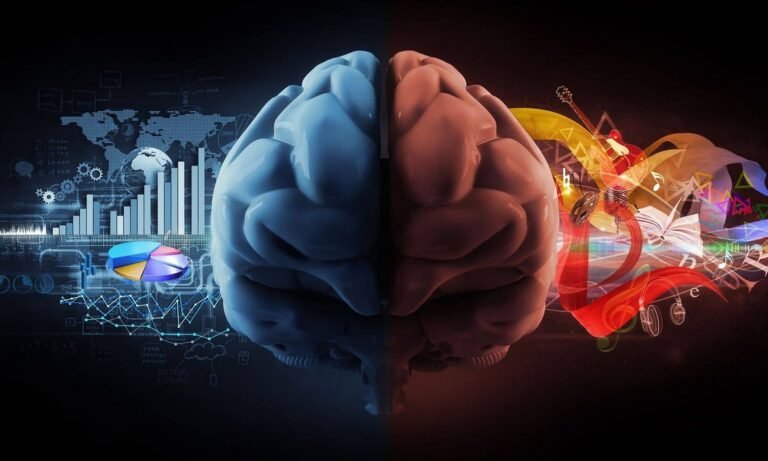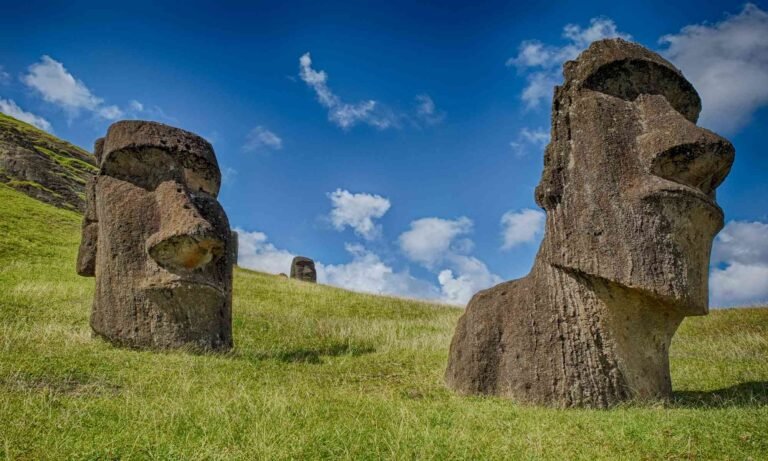Karmic debt is a concept that originates from the spiritual principles found predominantly in Hinduism and Buddhism. It refers to the idea that our actions – both good and bad – carry consequences that can extend beyond our current lifetime. The foundational principle behind karmic debt lies in the law of karma, which asserts that every action generates a corresponding response, shaping the soul’s journey over multiple lifetimes. This cycle of cause and effect creates a balance that affects our current conditions and relationships.
The term traces back to ancient texts, such as the Vedas and Buddhist teachings, where unresolved actions and moral imbalances create a spiritual burden. Rather than a financial obligation, karmic debt represents emotional and ethical lessons that must be addressed for personal growth and enlightenment. Karmic debt often appears through recurring life patterns – strained relationships, personal hardships, or cycles of betrayal. Recognizing these signals helps individuals make conscious choices, break negative cycles, and cultivate virtue in their actions. By acknowledging karmic debt, one can embrace introspection and transformation, striving for ethical living, balance, and wisdom. Addressing these debts can lead to profound personal growth and a more harmonious existence.
Signs You May Be Experiencing Karmic Debt
Karmic debt manifests in various ways, often presenting as emotional patterns or challenges that appear repeatedly throughout an individual’s life. Understanding these signs can provide clarity on unresolved karmic issues.
- One common indicator is the presence of persistent emotional distress or patterns of negative behaviors that seem to be unshakeable. For instance, if one frequently finds themselves in tumultuous relationships or struggles with feelings of guilt and shame, it may be a signal that karmic debts are in play.
- Another sign of experiencing karmic debt is the occurrence of repeating life lessons. These are lessons that individuals find themselves revisiting, often without realizing why they are doing so. Perhaps someone continually faces similar obstacles in their career, despite their efforts to change directions – these repeated challenges suggest underlying karma that has yet to be resolved. The need to learn certain life lessons can be what drives individuals to encounter the same experiences time and again, hinting at deeper karmic issues that require attention.
- Additionally, if one faces challenges that arise without a clear rationale or explanation, this too may indicate karmic debt. These obstacles may seem unreasonable or disproportionate to the effort made to overcome them, leading to a sense of frustration and helplessness. Such challenges can include financial difficulties, chronic health problems, or emotionally charged conflicts with others. When individuals notice these unexplained difficulties, it becomes essential to explore the possible karmic roots behind them.
How to Clear Karmic Debt
Clearing karmic debt is a vital process for achieving spiritual balance and fostering personal growth.
Several actionable steps can be taken to address this debt, thereby promoting positive transformation in one’s life.
- A primary method for clearing karmic debt is the practice of forgiveness. This involves not only forgiving others for past grievances but also extending that forgiveness to oneself. By releasing resentment and anger, individuals can lift heavy burdens from their spirits. Engaging in forgiveness helps to restore harmony and mend spiritual connections, which is essential in clearing karmic energy.
- Mindfulness is another powerful tool in this journey. Practicing mindfulness encourages individuals to remain present and aware of their thoughts, emotions, and actions. This awareness enables one to identify patterns that may contribute to karmic debt. Techniques such as meditation and journaling can enhance self-reflection, allowing individuals to evaluate their past decisions critically. When individuals recognize the sources of their karmic imbalances, they are better equipped to take corrective action.
- Acts of service are an effective way to create positive karma, which counteracts any negative forces stemming from past actions. Volunteering one’s time or resources can generate goodwill, contributing to a cycle of positivity and upliftment in their community. Such altruistic behavior not only benefits others but also fosters a sense of purpose and fulfillment in the individual. Introducing these practices into daily life, whether through small acts of kindness or major volunteer efforts, significantly contributes to the cultivation of favorable karma.
Ultimately, making amends is crucial in this process. Whether through direct communication or more symbolic gestures, acknowledging past mistakes creates a pathway for healing and the rebalancing of energies. By integrating forgiveness, mindfulness, self-reflection, and acts of service, individuals can progressively work towards clearing their karmic debt, leading to a more harmonious and fulfilling existence.
The Role in Personal Development
Karmic debt is often perceived as a negative aspect of one’s life, a concept deeply rooted in the principles of karma that suggests previous actions contribute to current life circumstances. However, understanding and addressing karmic debt can serve as a pivotal catalyst for personal development. Rather than viewing it solely as a burden, individuals can learn to consider karmic debt as an integral part of their spiritual voyage, providing opportunities for profound self-discovery and emotional healing.
When individuals actively engage with their karmic debt, they cultivate a heightened sense of self-awareness. This introspection involves examining past actions and their repercussions, ultimately allowing one to identify recurring patterns in behavior that may hinder personal growth. By recognizing these patterns, individuals gain the ability to make conscious choices that foster positive change, rather than remaining trapped in cycles of negative behavior.
Emotional healing is another critical aspect linked to the journey of addressing karmic debt. The acknowledgment of past wrongdoings – whether towards oneself or others – can be a transformative process. Individuals often find that confronting unresolved emotions allows for catharsis, leading to a reduction in internal conflict. This healing facilitates a more compassionate outlook towards oneself and others, paving the way for stronger relationships and a more positive engagement with the world.
Moreover, the exploration of karmic debt can be instrumental in promoting spiritual growth. By actively working through past experiences and their implications on one’s current life, individuals often experience enlightenment that is deeply rooted in empathy and understanding. This path encourages individuals to embrace life’s challenges, viewing them as essential lessons rather than mere hurdles. Thus, transforming karmic debt into a source of wisdom can ultimately lead to a more balanced, fulfilling life.
Implications of Karmic Debt in Different Cultures
Each culture offers a unique lens on karmic debt, but the common thread is the belief in moral cause and effect – whether through reincarnation, spiritual purification, or divine justice.
- Hinduism and Buddhism: In Hinduism and Buddhism, karmic debt is deeply tied to the law of karma – the idea that actions in past lives influence one’s current circumstances. It is believed that unresolved karma must be balanced through good deeds, spiritual practices, or even reincarnation cycles to achieve enlightenment.
- Jainism: Jainism takes a unique approach, viewing karma as a physical substance that attaches to the soul. Karmic debt must be purified through strict ethical living, non-violence, and ascetic practices to attain liberation (moksha).
- Western Spirituality: In modern Western spirituality, karmic debt is often interpreted as emotional or psychological baggage carried from past experiences. Many believe that patterns of hardship or repeated life challenges stem from unresolved karmic lessons, which can be cleared through self-awareness, forgiveness, and personal transformation.
- Christianity and Islam: While Christianity and Islam do not explicitly reference karmic debt, they emphasize moral accountability and divine justice. Actions in life are believed to have consequences, either in the form of divine reward or punishment, shaping one’s fate in the afterlife.
- Ancient Egyptian Beliefs: Egyptians believed in Ma’at, the principle of truth, balance, and order. In the afterlife, one’s heart was weighed against Ma’at’s feather – if it was heavy with wrongdoing, consequences followed. This moral cause-and-effect system closely resembles karmic debt in other traditions.
- Indigenous Traditions: Many indigenous cultures embrace the idea of spiritual balance, where actions affect not only the individual but also the community and environment. Some traditions believe in ancestral karma, where the deeds of past generations influence the present.
What’s More
The posts in My Blog feature reflective, story-driven pieces rooted in personal and societal insights.
The topics in My Interests explore abstract, philosophical ideas and their cultural and societal impact.
👁️ 7,479 Views

